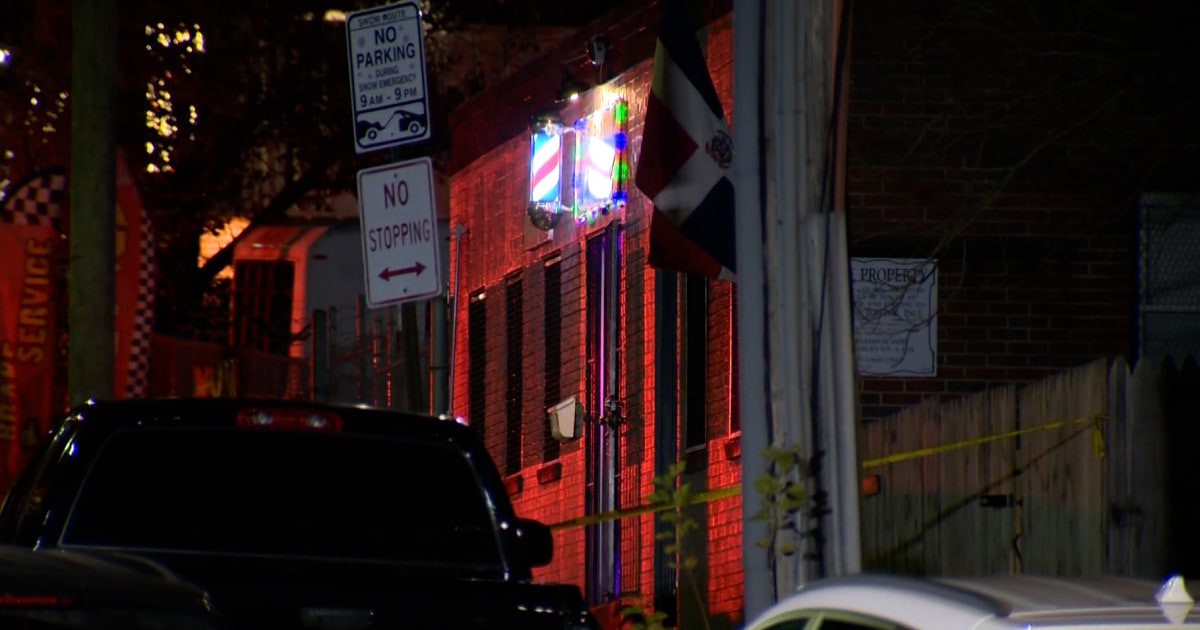An off-duty Baltimore sergeant getting a haircut Saturday shot and killed a man who opened fire and fatally shot a barber, police said.
Police believe the man was also tied to two shootings earlier in the day that left one person dead and another in critical condition.
“While we don’t have all the information, this is what we believe right now,” Baltimore Police Commissioner Michael Harrison said during a news briefing, adding that the off-duty officer was not wearing a uniform or body-worn camera.
Police have not released the identities of the victims, suspected shooter or plainclothes sergeant.
The three shootings happened within 4 miles and an hour of each other Saturday afternoon.
Police found the first victim, a 37-year-old man, shortly after 2:30 p.m. in the 5000 block of East Oliver Street with multiple gunshot wounds following an argument with the suspected gunman.
The victim was taken to a hospital and remains in critical condition, police said.
Fifteen minutes later, police responded to another shooting in the 4600 block of Eastern Avenue. The victim, identified only as an adult male, had also been shot several times. He later died at a nearby hospital.
About 30 minutes later, at 3:15 p.m., the gunman reportedly walked into the barbershop in the 5700 block of O’Donnell Street and shot one of the barbers before he was killed, police said.
Investigators from the office of the Attorney General of Maryland were called Saturday to the scene at the barbershop, according to Maryland Attorney General’s office.
A new law that took effect Oct. 1 requires Maryland’s top law enforcement agency to become involved any time officers are involved in a civilian death.
“This is something the average person wouldn’t do,” Mayor Brandon Scott said, thanking the off-duty sergeant. “We don’t know what would have happened if he was not able to respond in that way, and how many more incidents could have happened tonight here in Baltimore City.”
Alicia Victoria Lozano is a California-based reporter for NBC News focusing on climate change, wildfires and the changing politics of drug laws.
The Associated Press contributed.





